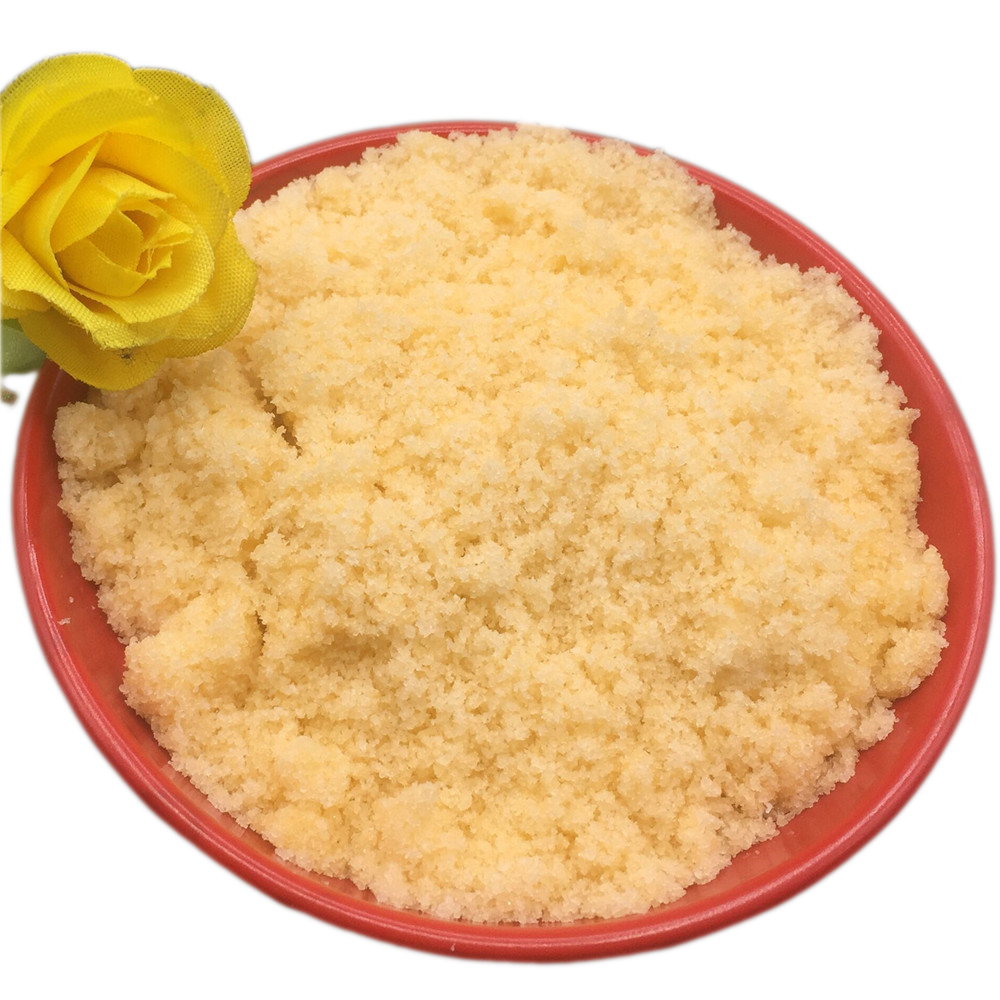
Dec . 05, 2024 15:39 Back to list
sulphate of potash contains
Understanding Sulphate of Potash Key Benefits and Applications
Sulphate of Potash (K2SO4), commonly known as SOP, is a vital ingredient in the realm of agriculture, particularly in the cultivation of various crops. As a source of potassium and sulfur, it plays a crucial role in enhancing the growth and health of plants. In this article, we will explore the composition, benefits, and applications of sulphate of potash, highlighting its importance in modern agriculture.
Composition
Sulphate of Potash is a double salt that consists of two primary nutrients potassium and sulfur. Potassium is essential for numerous physiological processes in plants, including photosynthesis, protein synthesis, and enzyme activation. Sulfur, on the other hand, contributes to the formation of amino acids, vitamins, and oils, reinforcing the plant's antioxidant system. The chemical formula of sulphate of potash indicates that it contains about 50% potassium oxide (K2O) and 18% sulfur oxide (SO3).
Benefits of Sulphate of Potash
1. Promotes Healthy Growth The presence of potassium is vital for healthy plant growth. It regulates the opening and closing of stomata, which helps in water retention and enhances resistance to drought. Furthermore, potassium helps strengthen cell walls, contributing to a plant's overall structural integrity.
2. Enhances Crop Quality Sulphate of Potash is particularly beneficial for crops that require high-quality produce, such as fruits, vegetables, and nuts. Research has shown that the application of SOP can improve the size, color, and taste of fruits, making them more marketable and appealing.
3. Improves Disease Resistance By promoting stronger plants, sulphate of potash can also enhance a crop’s resistance to diseases. Healthy plants are better able to ward off pests and pathogens, reducing the need for chemical pesticides and promoting sustainable farming practices.
sulphate of potash contains

4. Neutral pH and Chloride-Free One of the significant advantages of SOP compared to other potassium fertilizers, such as muriate of potash (MOP), is its neutral pH and chloride-free nature. High chloride levels can be detrimental to sensitive crops like tobacco, potatoes, and some vegetable species. Therefore, using SOP minimizes the risk of chloride-induced toxicity.
5. Soluble and Economical Sulphate of Potash is highly soluble, making it easy for plants to absorb the nutrients it provides. This quick availability ensures that crops have immediate access to essential nutrients, fostering optimal growth and productivity.
Applications in Agriculture
Sulphate of Potash is utilized across various agricultural sectors. It is commonly used for
- Fruit and Vegetable Crops SOP is favored in the production of fruits like bananas, tomatoes, and grapes, where high-quality yields are desired. - Root and Tuber Crops For crops such as potatoes and carrots, sulphate of potash aids in producing healthy tubers with better quality and storage qualities. - Ornamental Plants In floriculture, SOP enhances the color and longevity of blooms, making it a preferred choice among flower growers.
Conclusion
In conclusion, sulphate of potash is a multifaceted fertilizer that provides essential nutrients necessary for plant growth and development. Its contributions to enhancing plant quality, improving disease resistance, and promoting sustainable practices make it an invaluable asset in modern agriculture. Farmers and agronomists seeking to optimize their yields and produce high-quality crops should consider incorporating SOP into their fertilization programs. With the continual advancement in agricultural practices, sulphate of potash remains a key player in the quest for sustainable and productive farming.
-
Premium Organic Manure Compost for Eco Gardens
NewsAug.01,2025
-
Organic 10-10-10 Fertilizer | Balanced Plant Nutrients
NewsJul.31,2025
-
Premium Amino Acid Fertilizer | Rapid Plant Growth Booster
NewsJul.31,2025
-
10 10 10 Fertilizer Organic—Balanced NPK for All Plants
NewsJul.30,2025
-
Premium 10 10 10 Fertilizer Organic for Balanced Plant Growth
NewsJul.29,2025
-
Premium 10 10 10 Fertilizer Organic for Balanced Plant Growth
NewsJul.29,2025
